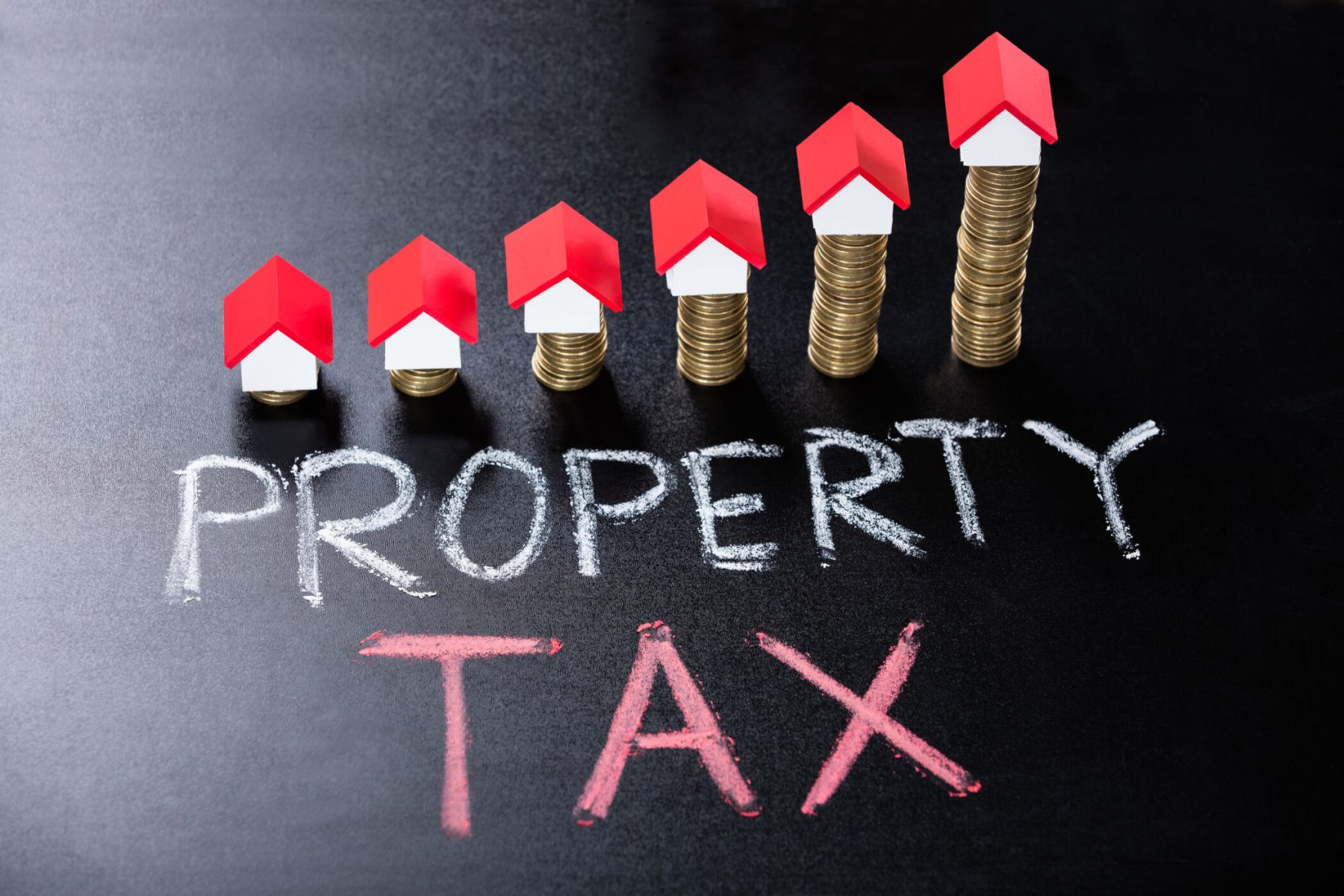The House Taxation Committee held met virtually this afternoon to discuss Senate Bill 294, a property tax transparency bill, and a few other issues in preparation for next week’s final day of the 2020 session. Everyone said they are in favor of property tax transparency, but some of the questions and comments may be indicative of a back-door attempt to prevent SB 294 from becoming law.
With only one day to meet on May 21, it’s unlikely that there will be enough time for conference committees to meet and resolve differences between House and Senate bills. SB 294 passed the Senate by a 39-0 vote, and if the House passes it as written, the bill would go to Governor Kelly for her signature. But one little change would force a conference, and that would allow House members to say they voted for the bill while knowing it wouldn’t become law.
Government is too busy to take on the change?
Rep. Kathy Wolfe-Moore (D-Kansas City) and Rep. Jim Kelly (R-Independence) expressed concern that cities and counties might have too much on their hands with COVID and suggested maybe delaying implementation from the summer of 2021 to the summer of 2022.
That didn’t sit well with Rep. Ken Corbet (R-Topeka). He said the committee should be more concerned with taxpayers’ needs than putting a little more work on cities and counties next year.
“I am sick and tired of taxpayers getting the short end of the stick from this committee.”
Delay cost taxpayers the last time
Under different leadership in 2015, the House Taxation Committee delayed the implementation of the property tax lid in conference committee discussions, and county officials took advantage by sticking taxpayers with an average 6% mill levy hike in 2016.
Cities and counties don’t want to vote on the entire tax increase
The League of Kansas Municipalities lobbyist Trey Cocking asked that property tax increases from new construction be excluded so local officials don’t have to vote on that portion of the increase. Rep. Tom Phillips (R-Manhattan) supported Cocking’s suggestion. Phillips said it was a matter of “fairness” but neither he nor Cocking said why local officials shouldn’t have to vote on the entire increase.
They said there are often new costs incurred by local government with new construction, but there are also many foregone opportunities to operate more efficiently, which might offset any new costs. Exempting new construction from local officials’ vote would give the appearance that they imposed a smaller tax increase, which is the opposite of the transparency that everyone says they support.
Next steps
The committee will meet virtually again on Thursday, when they may ‘work’ the property tax transparency bill by entertaining amendments or having a straight up or down vote on SB 294. The committee will also consider legislation that would allow cities and counties to waive penalties and interest for late property tax payments this year.
Wednesday morning, the Senate tax committee will meet in person to discuss similar penalty and interest legislation.



